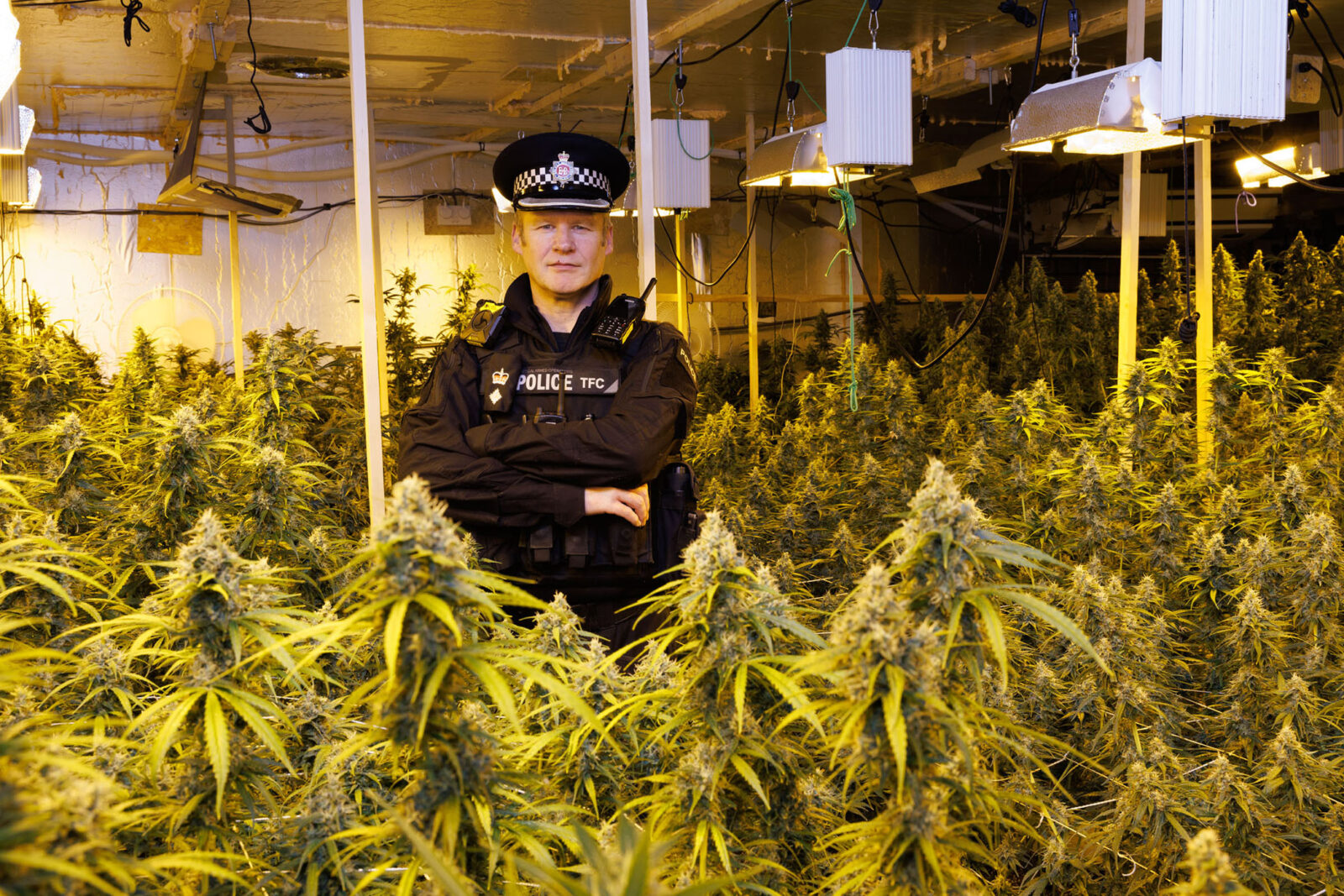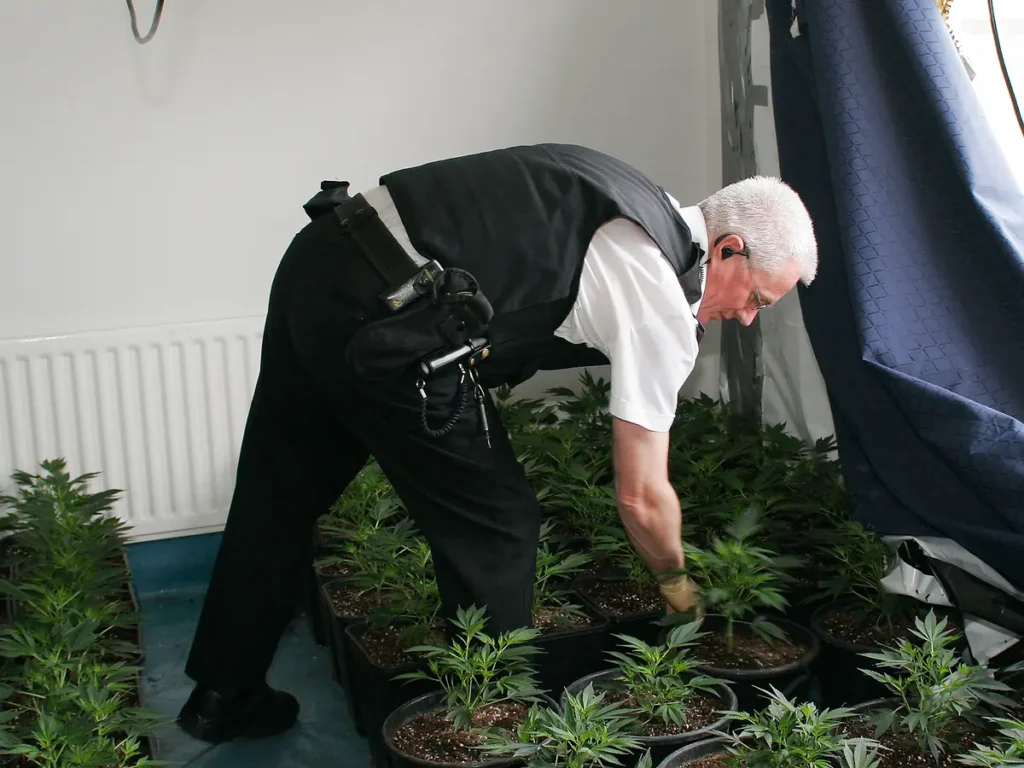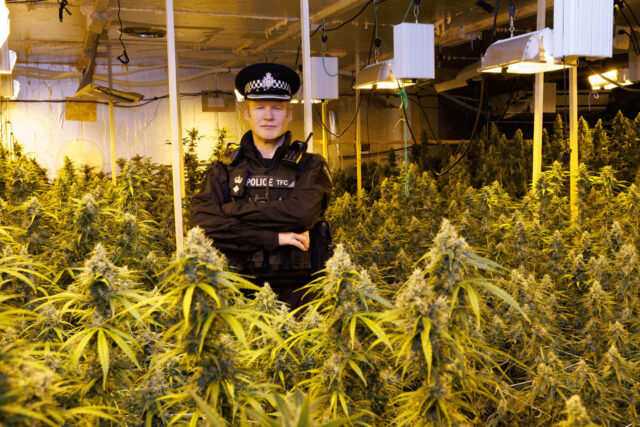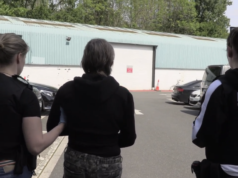Cannabis, a plant with a rich history spanning thousands of years, has seen significant changes in the United Kingdom over the past three decades. This article delves into the history of cannabis in the UK, exploring the shifts in prices, punishments, and the rise of illegal cultivation operations. From its early use to its evolving legal status, cannabis has become a topic of debate and regulation, shaping the landscape of drug policy in the country.
The Early Days of Cannabis:
Cannabis has a long history in the UK, dating back centuries. In the 19th and early 20th centuries, cannabis was legal and widely available, with many cannabis-based products sold in pharmacies. However, in the early 20th century, concerns about the potential harm of the drug led to its prohibition, and cannabis became classified as a controlled substance.
Changing Prices and Punishments:
- 1980s-1990s: During the 1980s and 1990s, cannabis prices in the UK were relatively high, reflecting the illegal nature of the drug and the risks associated with its production and distribution. Punishments for cannabis-related offenses were also severe, with individuals facing potential imprisonment and criminal records.
- 2000s-2010s: In the early 2000s, cannabis prices began to decrease due to increased availability and the emergence of domestic cultivation operations. This led to a shift in the market, with homegrown cannabis becoming more prevalent. Additionally, the introduction of cannabis resin from abroad, particularly from Morocco, contributed to the availability and affordability of the drug. Punishments for cannabis-related offenses remained significant, although there was a growing debate around the need for reform.
- Recent Years: In recent years, there has been a significant increase in the potency and variety of cannabis products available in the UK. The rise of high-potency strains, such as “skunk,” has raised concerns about the potential health risks associated with cannabis use. Punishments for cannabis-related offenses have become more nuanced, with the introduction of diversion schemes and cautions for minor offenses. However, serious offenses can still result in imprisonment and criminal records.
Rise in Illegal Cultivation Operations:
- Domestic Cultivation: The last three decades have witnessed a notable increase in illegal cannabis cultivation operations across the UK. This rise can be attributed to various factors, including advancements in indoor growing techniques, the availability of equipment and knowledge through the internet, and the potential profitability of illicit cannabis cultivation.
- Organized Crime Involvement: Illegal cultivation operations often involve organized crime groups, capitalizing on the lucrative nature of the cannabis market. These operations are known for their sophistication, utilizing hydroponic systems, sophisticated lighting, and other techniques to maximize yields. Such operations pose significant challenges for law enforcement agencies striving to combat the illegal cultivation of cannabis.
- Social and Economic Factors: The increase in illegal cultivation operations can also be linked to socio-economic factors such as unemployment, poverty, and limited opportunities in certain areas. Illicit cannabis cultivation can provide financial incentives for individuals who may otherwise struggle to find stable employment, albeit at the risk of criminal prosecution.
Conclusion:
The history of cannabis in the UK has witnessed significant changes in prices, punishments, and the proliferation of illegal cultivation operations. From its early legal status to its prohibition and subsequent debates around drug policy, cannabis has remained a subject of contention and regulation. As prices have fluctuated and punishments have evolved, the rise of illegal cultivation operations has posed challenges for law enforcement agencies.
Addressing the issue of illegal cannabis cultivation requires a multi-faceted approach, including targeted law enforcement efforts, community engagement, and potential reforms in drug policy. Striking a balance between public health concerns, social factors, and the criminal justice system is crucial to effectively manage the cultivation, distribution, and use of cannabis in the UK.











